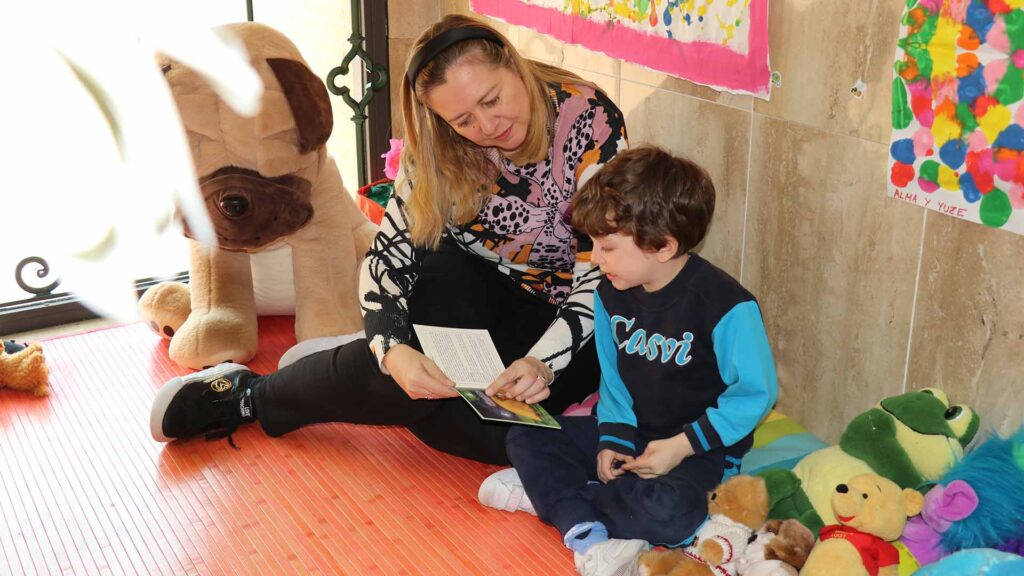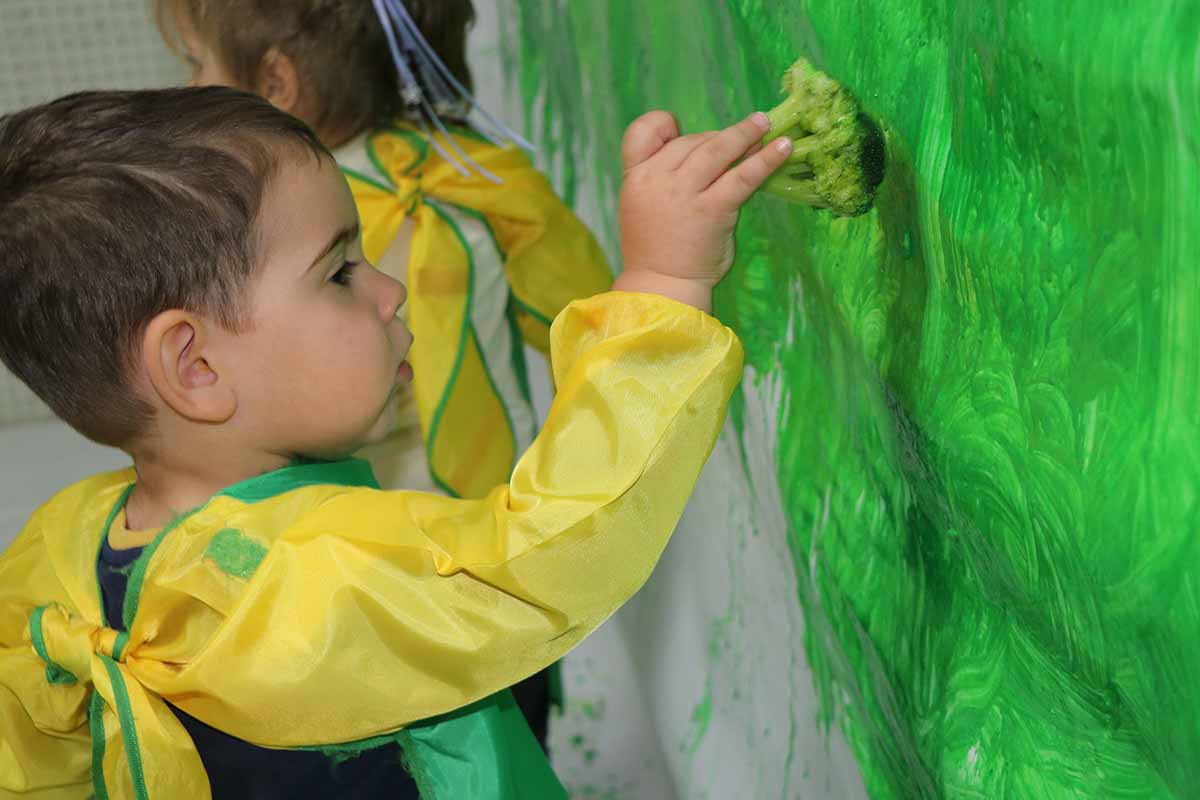Many parents wonder what is the relationship between pre-school education and children’s academic future? This often underestimated stage is actually the foundation on which all later learning is built. When early childhood education lacks a holistic approach, children can have difficulties in cognitive, social and emotional skills that, in the long term, affect their academic performance.
CONSEQUENCES OF NOT MAKING THE RIGHT CHOICE
Studies such as the OECD and UNESCO reports show that the first six years of life are crucial for brain development. Poor teaching during this period can result in:
- Reduced attention span and concentration.
- Difficulties in literacy and basic mathematics.
- Low academic self-esteem and lack of motivation.
- Increased risk of school failure at later stages.
In other words, it is not just about choosing a “nearby childcare centre”. It is about deciding the environment that will shape children’s academic and personal futures.

QUALITY EARLY CHILDHOOD EDUCATION AS A BASIS FOR ACADEMIC SUCCESS

Choosing a quality nursery school means taking a gamble on your children’s academic future. Let’s see how to answer the most frequently asked questions by families:
EDUCATIONAL STRATEGIES THAT ENHANCE THE ACADEMIC FUTURE
What strategies can be implemented in the pre-school to enhance children’s academic future?
- Programmes based on international methodologies such as the IB (International Baccalaureate), which encourages critical thinking from an early age.
- Active and project-based learning, where children are protagonists and develop autonomy.
- Early multilingualism, key to brain plasticity and natural language acquisition.
- Socio-emotional development, with special attention to the management of emotions and teamwork.
HOW TO MEASURE IMPACT
How can the impact of early childhood education on children’s academic future be measured?
- Individual monitoring through progress reports.
- Continuous assessments. Not only academic, but also emotional and social.
- Comparison with international child development standards.

THE ROLE OF PARENTS
Can parents influence the quality of early childhood education and thus the academic future of their children?
Yes, their involvement is essential: constant communication with the school, participation in workshops and reinforcement at home strengthen the school-family bond.
IMPACT ON FUTURE PERFORMANCE
How does early childhood education influence children’s future academic performance?
- It lays the foundations for reading, writing and logical reasoning.
- Reinforces the ability to learn how to learn.
- It develops social skills that will be key in stages such as Secondary or Baccalaureate.
SOLID FOUNDATIONS FOR LIFE
Is it true that pre-school education lays the foundation for children’s academic future?
Absolutely yes. World Bank research shows that every year of quality early childhood education significantly increases academic achievement and future opportunities.
LONG-TERM BENEFITS
What are the long-term benefits of quality early childhood education for children’s academic future?
- Greater success at higher stages.
- Mejores habilidades de comunicación y resolución de problemas.
- Preparing for a globalised and competitive world.
CASVI VILLAVICIOSA, THE TANJIBLE EXAMPLE OF CHILDREN'S EXCELLENCE
At Casvi Villaviciosa, we understand that the first years are decisive. That is why we offer:
- International IB Programme from Infant onwards, unique in its focus on critical thinking and active learning.
- Real multilingualism from the age of 2, with English, German and Chinese as part of everyday life.
- Technological innovation adapted to the age of children.
- Personalised attention and constant communication with families.
- Modern and safe facilities for children to learn while playing.
(Article written by the Casvi Villaviciosa Communication Team, based on research by the OECD, UNESCO and the World Bank).

